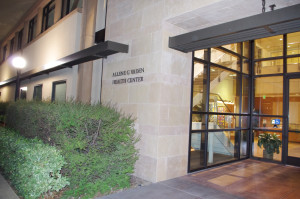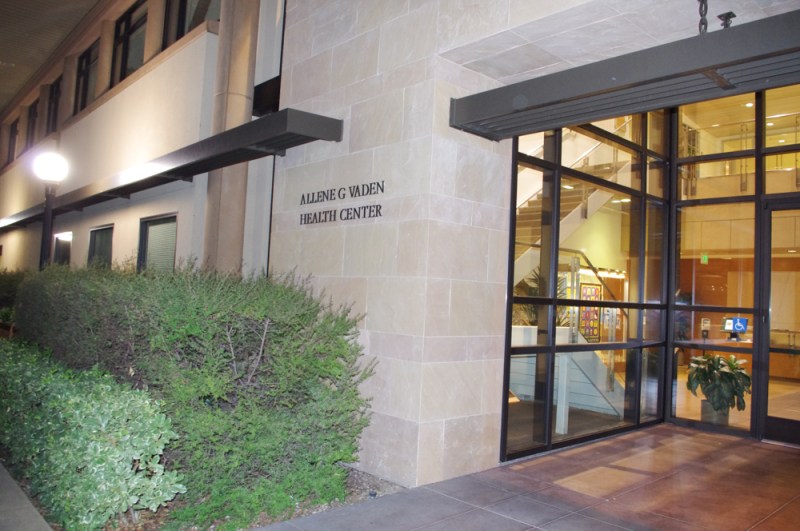
Counseling and Psychological Services (CAPS) recently introduced a StressLess@Stanford initiative in an effort to complement existing clinical services and better foster mental health on campus.
According to CAPS director Ronald Albucher, StressLess@Stanford aims to build on existing partnerships with campus organizations by giving students the opportunity to talk informally with stress consultants at “satellite” locations around campus.
“StressLess@Stanford further promotes [CAPS’s] presence on campus,” Albucher said. “The program will have a direct benefit to students, promote well-being and might even convince some students, who otherwise would never come to Vaden, to speak with one of our therapists in this context.”
Development of the StressLess@Stanford program began last year. Since then, administrators have focused on creating more succinct and relatable materials, according to CAPS senior associate director for consultation and liaison Alejandro Martinez. Martinez noted that a campus-wide survey had shown that more than 60 percent of students expressed interest in better knowing how to manage stress in their lives.
Administrators have also worked on designing a cohesive training model for stress consultants, and have launched pilot programs in the School of Engineering and some community centers that are focused on identifying efficient delivery mechanisms.
According to Lindsay Ellch, a postdoctoral fellow at CAPS who helped design the initiative and who heads the School of Engineering pilot program, StressLess@Stanford is shaped around one-on-one, 20-minute appointments with a stress consultant.
“It’s all about having an open dialogue about what the stressor currently is, what’s been hard, what’s not working any more that has worked in the past, working on their strengths that they already bring in and supplementing those with other resources and supporting them,” Ellch said.
“At Packard, we have been reflecting on what students in the 20 minutes are really finding valuable and how to best use and structure that time,” she added, referencing her pilot program.
Martinez framed StressLess@Stanford as potentially allowing students to achieve their full potential by the removal of peripheral concerns.
“We want to be part of the process that helps people sustain themselves and feel more empowered to pursue their ambitious goals in a way that is not going to cost them their health, their relationships and their self-esteem,” Martinez said. “That’s what we’re trying to reduce the risk of.”
Contact Angelique Dakkak at angeldak ‘at’ stanford ‘dot’ edu.
